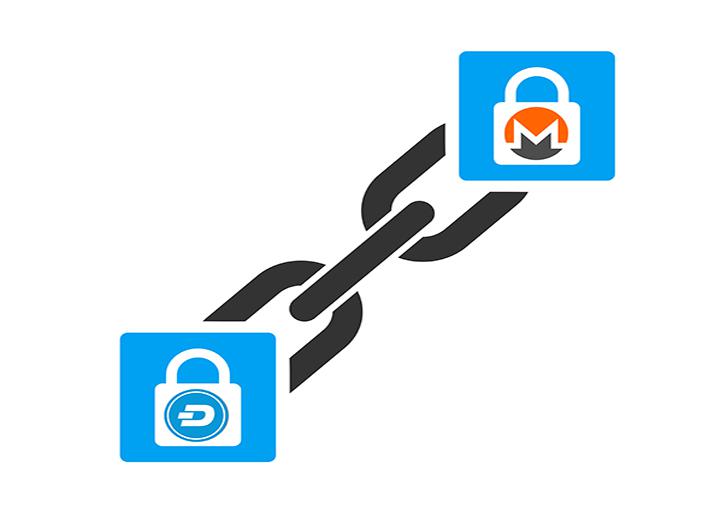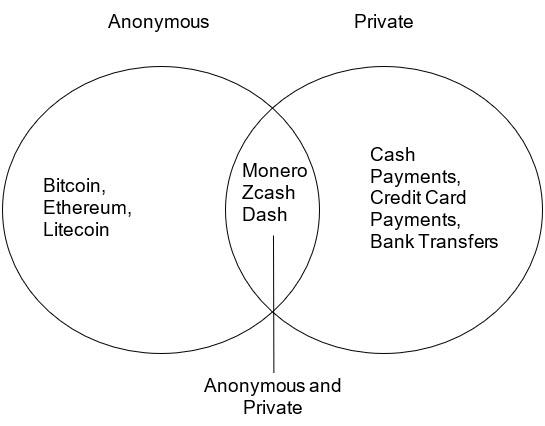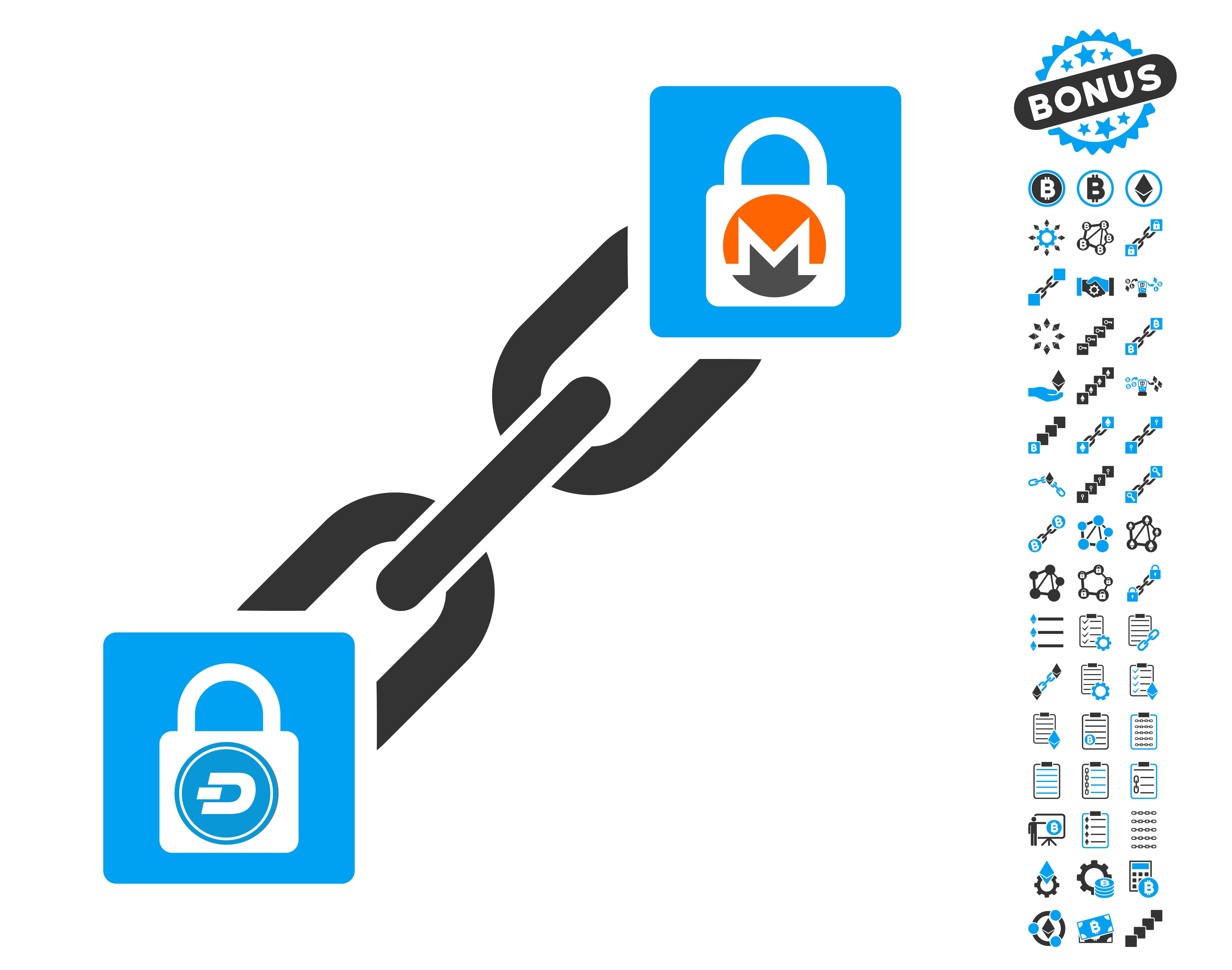Privacy Coins Definition
What are Privacy Coins?
Privacy coins are cryptocurrencies that allow users to make direct transactions in a private manner. They are not observable, traceable, trackable, or linkable in any way.

Invisible Transactions
In this sense, privacy coins are different from anonymous cryptocurrencies like Bitcoin, Ethereum, and Litecoin because each of these coins operate on public blockchains.
This means even though the community may not know anyone else’s private keys, they can still see when one user sends a transaction to another user.
Anonymous and Decentralized
Privacy coins also differ from private, non-anonymous currencies like dollars, Euros, and pounds, as well as traditional payment methods like credit cards and bank transfers. That is because fiat payment methods, though they don’t broadcast every transaction to a public ledger, are still centralized and traceable.
Fiat currencies can be used in private transactions, but never anonymous transactions. Cryptocurrencies like Bitcoin can be used in anonymous transactions, but never private transactions, since each transaction is logged on the blockchain. But private coins can be used for anonymous, private transaction.
The diagram below helps explain the how anonymous and private currencies and payment methods overlap:

Examples of Privacy Coins
Monero – Uses stealth addresses, which are random one-time addresses automatically created to each transaction, to ensure that there are no links between user addresses on the blockchain.
Zcash – Implements the Zk-SNARK, or Zero-knowledge Succinct Non-interactive Argument of Knowledge, protocol to allow one party to prove to a different party that a statement is true, without having to convey anything other than the fact that the statement is true. Senders can send encrypted messages on the blockchain to the receiver, who uses the viewing key to scan the blockchain for transactions addressed to them, and then decrypt them. Thus the sender’s details are encrypted on the blockchain, and therefore private.
Dash – A Bitcoin hardfork that allows users to send private transactions through the PrivateSend feature. This coin mixing service is based on a decentralized CoinJoin implementation to create private transactions.

